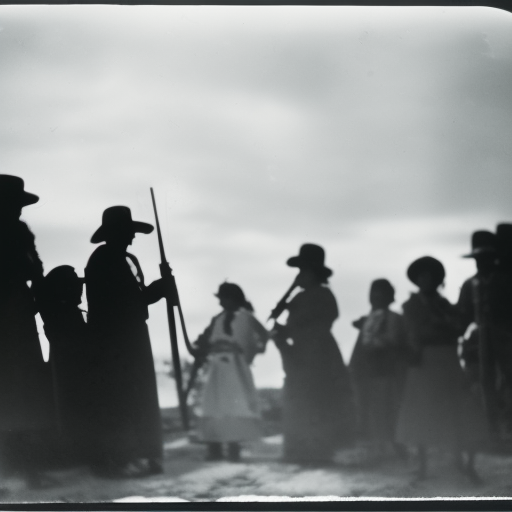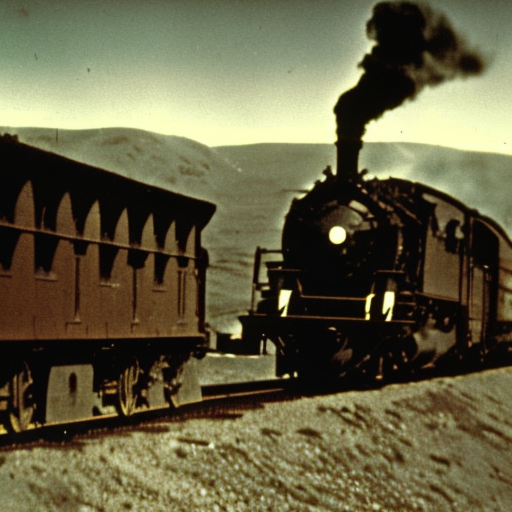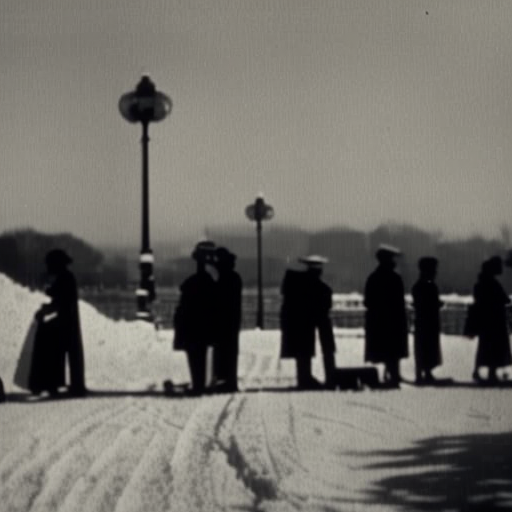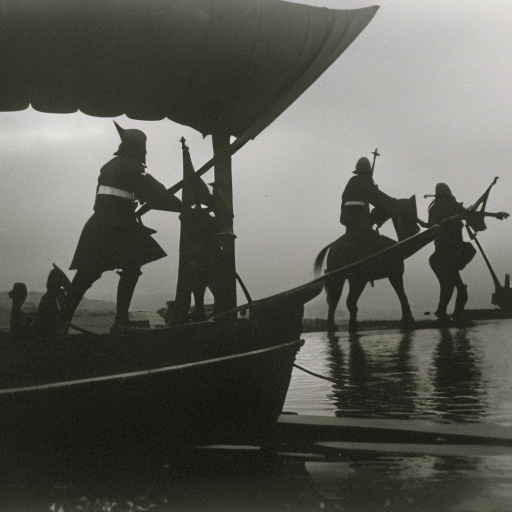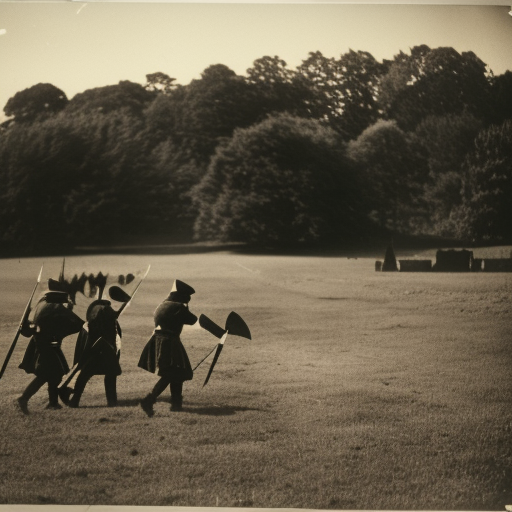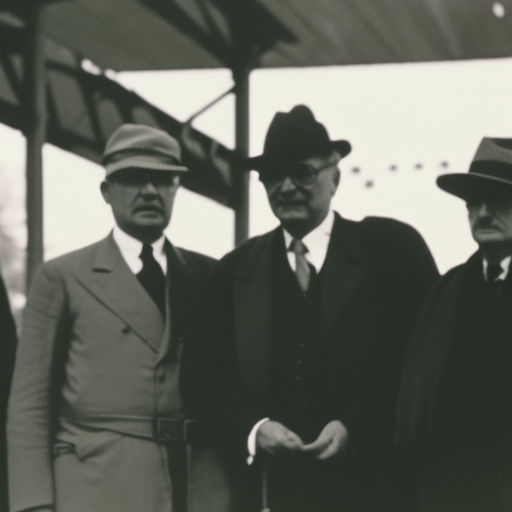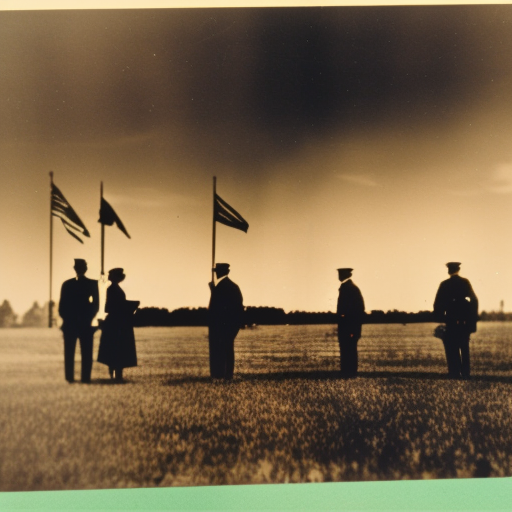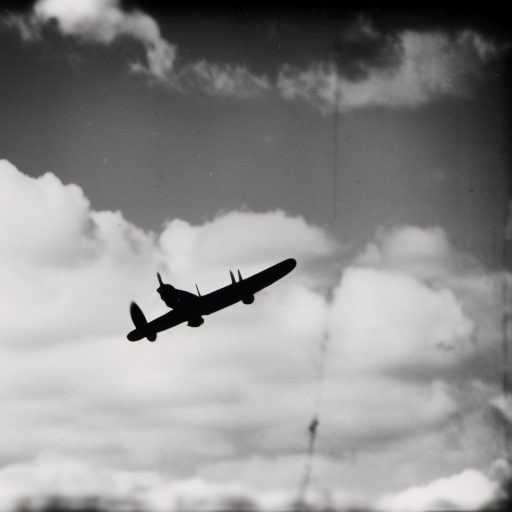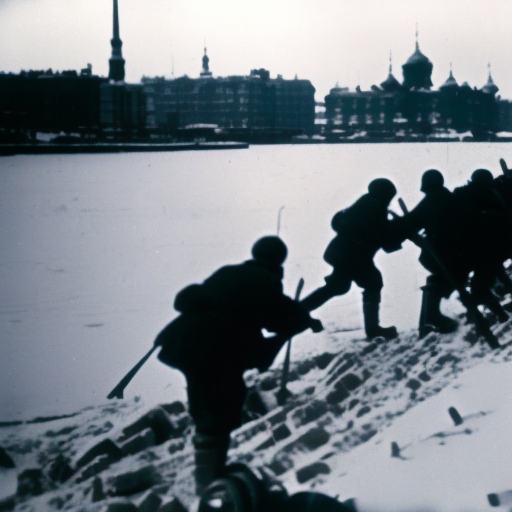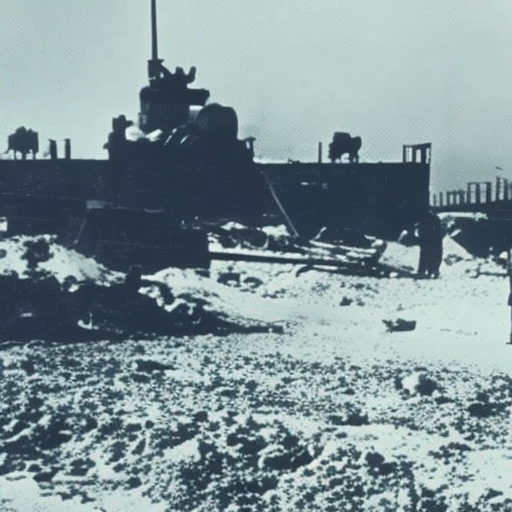The Iroquois Confederacy was a powerful alliance of Native American tribes in the northeastern United States that played a significant role in shaping the region’s history.
The Transcontinental Railroad completion (1869) Explained
The completion of the Transcontinental Railroad in 1869 connected the east and west coasts of the United States, revolutionizing transportation and communication in the country.
The Antifederalists Explained
The Antifederalists were a group of individuals who opposed the ratification of the United States Constitution.
The dissolution of the monasteries (1536-1541) Explained
The dissolution of the monasteries was a series of events in England between 1536 and 1541 where King Henry VIII disbanded monastic communities and confiscated their assets.
The Acts of Union (1707) Explained
The Acts of Union (1707) united the Kingdom of England and the Kingdom of Scotland, creating the Kingdom of Great Britain.
The Viking invasions of England Explained
The Viking invasions of England were a series of raids and conquests by Norse seafarers that significantly impacted the history and culture of the region.
The Battle of Hastings (1066) Explained
The Battle of Hastings in 1066 was a decisive conflict that led to the Norman conquest of England, forever changing the course of English history.
The Munich Agreement (1938) Explained
The Munich Agreement (1938) was a failed attempt to appease Nazi Germany by allowing it to annex parts of Czechoslovakia, ultimately leading to the outbreak of World War II.
The Potsdam Conference (1945) Explained
The Potsdam Conference was a meeting between the leaders of the Allied powers to discuss the post-World War II settlement and the division of Germany.
The Battle of Britain (1940) Explained
The Battle of Britain was a pivotal air campaign fought between the British Royal Air Force and the German Luftwaffe during World War II, resulting in a crucial victory for the Allies.
The Siege of Leningrad (1941-1944) Explained
The Siege of Leningrad was a devastating 872-day blockade by German forces during World War II, resulting in immense suffering and loss of life for the city’s residents.
The Battle of Stalingrad (1942-1943) Explained
The Battle of Stalingrad was a turning point in World War II, resulting in a decisive Soviet victory over Nazi Germany and marking the beginning of Germany’s decline.









